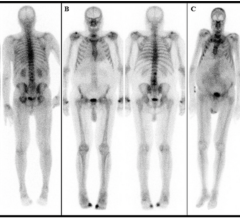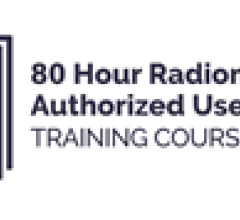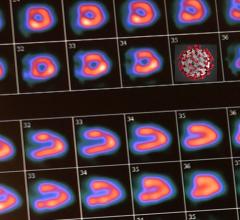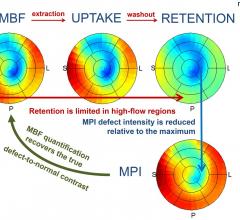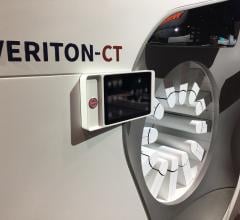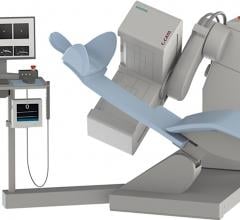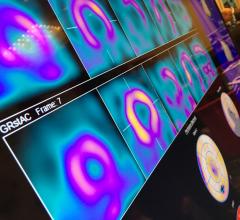
March 4, 2009 - Positron Corp., a Cardiac Molecular Imaging Solutions Company, today released results from an independent study on radiation exposure of technologists administering FDG.
The study was conducted in the Nuclear Medicine Department at Mount Sinai Medical Center in New York, N.Y. by the director of PET, Ash Rafique. The study compared historic whole body and ring readings using a traditional syringe shield compared to Positron’s Tech-Assist device. The results showed a reduction in whole body badge exposure by 50–75 percent and ring badge reductions of 40-55 percent, compared to previous month’s data.
Positron’s Tech-Assist is a heavy-duty syringe shield (PIG) mounted on a portable cart system. This system is designed to reduce or limit exposure, heavy lifting injuries and repetitive motion injuries that occur during nuclear medicine injection applications. The Tech-Assist was designed with the ALARA principles of time, distance, and shielding in mind. The Tech-Assist utilizes tungsten for all shielding. The cart enables the user to transport the PIG to and from the injection room with ease and adjusts to various height levels allowing for the injection of ambulatory or supine patients. . The variable injection head rotates 360° allowing for left or right arm injections and hinges to four different angles creating multiple loading or injecting positions. In additional to significant reduction in radiation exposure the Tech-Assist will reportedly improve the comfort and ease of the injection process for the patient as well as for the technologist/nurse.
For more information: www.positron.com


 November 12, 2025
November 12, 2025 

